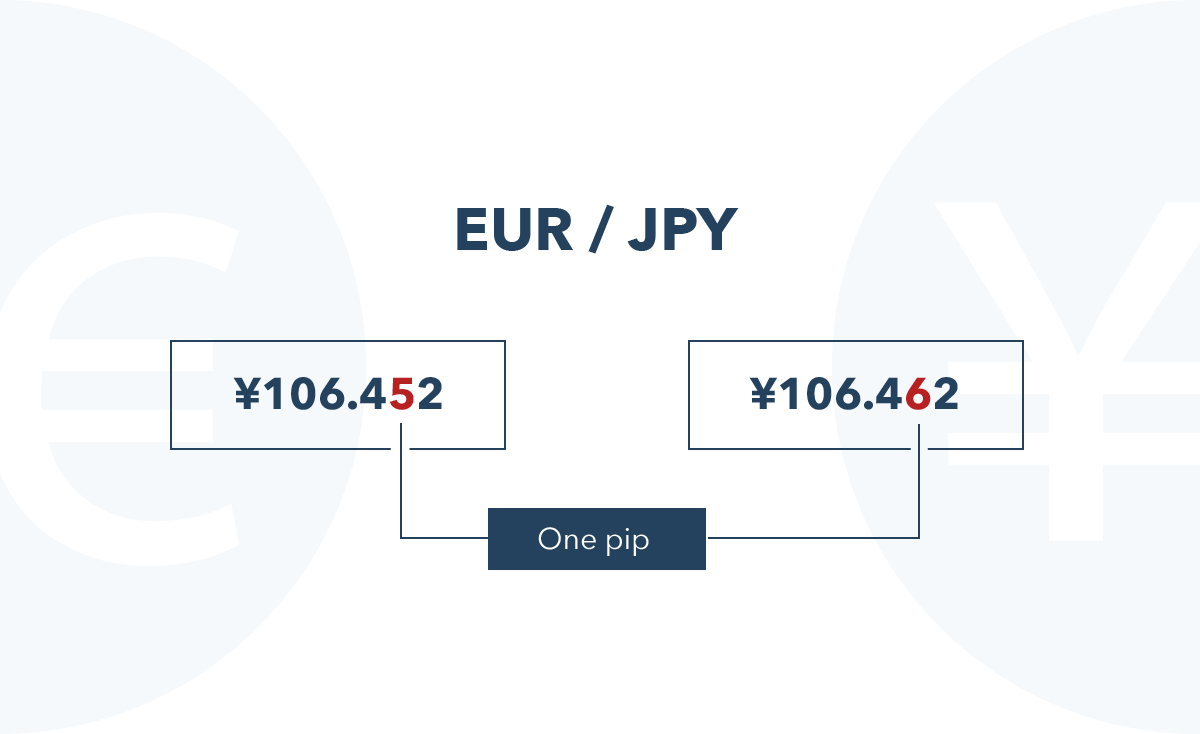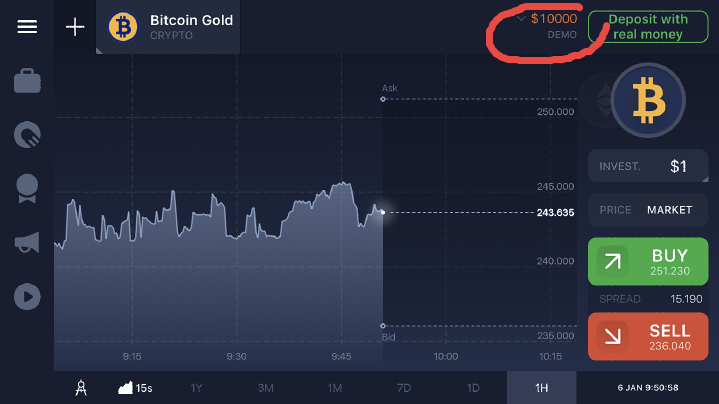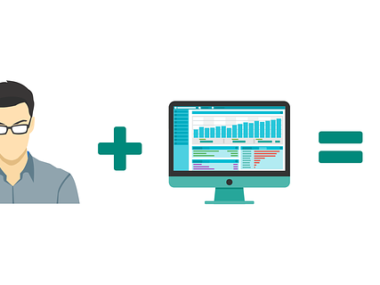Forex trading is certainly a complex trading system but through patience, diligence and fair practice, you’re very likely to master the ropes of the forex market and become a successful trader.
Chances are that you’ve heard a lot of discouraging words about the complexity of forex trading.
Whether you’d believe it or not, you’re very likely to find forex trading much more complex than what people ever told you about it.
Ignoring the fact that forex trading is very complex, some forex novices will want to jump into the market in hopes of raking in huge profits in no time. However, that is not how forex works. In spite of all this, some people have been extremely successful trading forex, one of them is Uche Paragon.
This post is a beginner’s guide and it will walk you through the basic knowledge you’re expected to equip yourself with before delving into live forex markets.
Understanding the Meaning of Forex
Understanding forex simply means having a clear grasp of what forex means. Perhaps, this understanding is the first wealth of knowledge you need to acquire as a precursor to Forex trading.
In plain explanation, forex is a term comprising two words: foreign and exchange. Therefore, forex may be described as a transactional system involving the exchange of global currencies.
Broadly, forex is widely adopted across areas of human endeavour including international trading, tourism and commerce. While forex is associated with a whole lot of intricate terms, it is worthy of note that the foreign exchange market is largely influenced by varying interest rates, the economic strength of countries and various geopolitical factors.
In most cases, countries of the world adopt different currencies, making it essential for people to exchange currencies. To better explain this, one may cite the case of a buyer based in the US who has to buy a product from a merchant in Italy. Since Italy and the US have their separate currencies, these two parties (the seller and the buyer) will have to trade in a single currency. The value of the product will then be expressed in the trading currency.
The preceding citation of cross-border trading may be adopted in explaining how forex trading is done. Forex trading, therefore, involves exchanging one currency for another at a price agreed by trading parties.
Understanding How the Market Works

The exchange of currencies takes place on the foreign exchange market and this market is regarded as the foundation of global business. This market may appear complex to understand but you really have to exert every pinch of effort needed for understanding how it works.
What you should first know about the foreign exchange market is its lack of regulation by any central authority. Rather than experiencing centrally regulated trading, the foreign exchange market is associated with electronic trading through Over-the-Counter (OTC) broker-dealer networks. This OTC is basically the medium adopted by forex brokers and dealers for the exchange of currencies.
As a complex marketplace, the global forex market is composed of three submarkets namely the forwards market, the spot market and the futures market. Notably, the just-mentioned markets are the market choices that forex brokers and companies can select from. However, in general, global forex trading can be done in any of the leading financial markets in London, Sydney, Hong Kong, Paris, Frankfurt, Tokyo and Zurich.
You may get confused trying to understand how the three markets in foreign exchange work. But advisably, you should note that the spot market is the major market as it is composed of deals trading in real currency. Quite importantly, this spot market is most favoured by individual traders and it further serves as the basis for trade deals in the futures and the forward’s markets.
The futures and the forward markets are useful for lessening the risk of fluctuating exchange rates in the purchase of substantial values of foreign currency. While these (two) markets are basically used by big multinational companies, they generally deal with the sale and purchase of contracts for specified currency rates and quantities, wherein the contracts imply unanimous future expiry dates. Unlike the spot market, futures and forwards do not deal with actual currency but currency contracts bearing specific rates and quantities.
Understanding Your Preferred FX Currencies
In obtaining the requisite knowledge for forex trading, you shouldn’t downplay the need for understanding your preferred currencies. There are ways for keeping yourself conversant with preferred currencies for foreign exchange and one of such ways is keeping an eye on the political and economic news of countries using the currencies. You’ll have to do this simply because certain domestic factors in a country combined with economic and political factors in affecting the value of the country’s currency.
Also, you should keep a watchful eye on global political and economic news as doing that will help you better decide the suitable currencies to trade-in.
On getting exposed to the pool of currencies in the foreign exchange market, you may find a pretty number of currencies which look auspicious. However, you shouldn’t consider that enough reason to begin trading in such currencies.
Quite frankly, you’ll have to keep a close eye on happenings in the countries where such currencies are used. Particularly, keeping yourself abreast of the political and economic happenings of a country should help you foresee events that could affect the country’s currency.
In the real sense, you’ll acquire ample knowledge of specific currencies by following news about countries spending the currencies on the one hand, and by keeping track of global political and economic news on the other hand.
Practising with a Demo Account

Obviously, one way you can have an insightful shot at learning forex trading (before you actually begin trading) is practising with a demo account. You could belong to the set of individuals who better learn things through practical exposure. But because forex trading is very risky, it is advisable that you begin your practical exposure with a demo account rather than a real trading account.
If you really don’t have the luxury of time to sit with an expert trader and learn forex trading from them, you can simply resort to practising with a demo account. Using such an account, you’re practically free from trading risks since you’re neither trading with money nor engaging in any real-life trading activity.
Most importantly, practising with a demo account does have a couple of advantages as it opens your eyes to the techniques of forex trading, how to trade on a given platform and the operational background of the forex market.
While practising with a demo account, you’re certain to make trading mistakes but the good thing here is that you’ll easily learn from the mistakes without losing anything in reality. Finally and most interestingly, your practical experience with forex trading, through a demo account, should help you develop the right trading habits.
Tips for Successful Forex Trading
Having a definite trading plan –a definite trading plan, which you can always work with, constitutes the ingredients of successful trading. For such a plan to yield success, it must incorporate your standards for evaluating currencies, your trading method, your level of risk tolerance and your expected trading profits. Nonetheless, you should always note that one important thing is having a definite plan while another is sticking to the plan all through.
Identifying trading opportunities –opportunities tend to find their way into trading situations and it behoves you to utilize appropriate tools in identifying these opportunities. Basically, you’ll want to use varying tools depending on whether you’re a fundamental or technical trader.
Technical traders utilize special analytical tools while fundamental traders zero attention to financial and political news in deciding when to trade. By leveraging on the tools or informative data best suited for your kind of trader, you’re likely to identify trading opportunities and cash in on them in the long run.
Trading within Your Limits –in the real sense, what this means is avoiding costly risks; these are probably risk so great that they’ll cause you to lose more than you can afford. Trading within your limits implies that you align your leverage ratio with needs on the one hand and always ascertain what you’re ready to risk on the other hand.
As regards trading within your limits, making up your mind that you’ll do so is never enough. In reality, you have to imbibe the right trading habits.
Avoiding “revenge” trading –“revenge” trading is what occurs when you feel you should trade outside the purview of your trading plan. Perhaps, you’re doing this in hopes of making profits that will make up for a previous unfavourable trade.
By “revenge” trading, you’re allowing emotions to play into your trade and this clearly belies the principle of moderate trading. You can be keen to recover the loss encountered in a previous unfavourable trade but you should do this little by little while still sticking to your usual trading plan that works great.
Conclusion
Reading this post must have opened your eyes to the basics of forex trading. At this juncture, it behoves you to believe that it might take you a long period of patience, persistence and moderate practice before you arrive at your desired level of success in forex trading.





